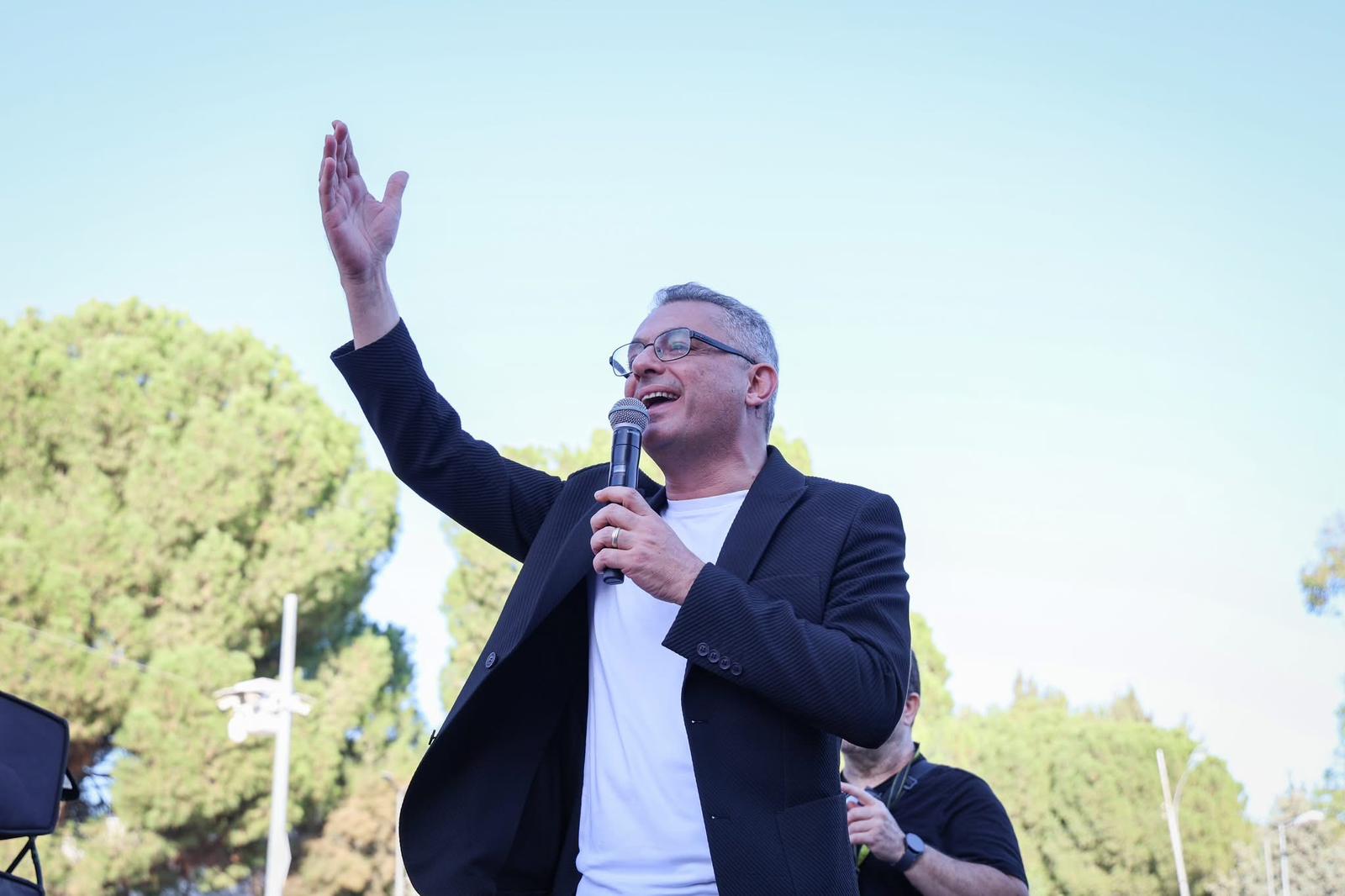The European Commission on Monday congratulated Tufan Erhurman on his election as leader of the Turkish Cypriot community and reaffirmed its full support for the resumption of peace talks on Cyprus.
The commission said it “fully supports the resumption of negotiations for a sustainable and functional, comprehensive settlement within the framework of the United Nations.”
The commission stressed that any renewed peace process should take place “in accordance with the relevant resolutions of the United Nations security council, and in line with the principles on which the EU is founded and its acquis.”
It added that the European Union is “ready to play an active role, with all the means and tools at its disposal, in supporting all stages of the UN-led process for the reunification of Cyprus.”
The statement also highlighted the appointment of Johannes Hahn as EU Special Envoy, noting that his role is to contribute to the UN Secretary-General’s efforts to restart negotiations for a bi-zonal, bi-communal federation, as outlined in security council resolutions.
Erhurman’s election comes amid renewed international attention on efforts to revive talks aimed at ending the decades-long division of Cyprus, which has remained unresolved since 1974.
Reacting to the development, Akel MP Irene Charalambides said in a post on Facebook that “with Erhurman’s election, the difficult part begins for our side.”
She said that “Turkey has clear and targeted objectives in its foreign policy” and described Erhurman as having “a very acceptable profile for the international community.” Charalambides warned that Turkey might seek to shift blame onto the Greek Cypriot side to advance its objectives.
“Let us not forget that it already has international footholds, particularly in Europe,” she wrote, adding that she does not believe such an overwhelming victory was achieved “with Turkey being entirely opposed.”
She cautioned that “every move and position of the president of the republic will now be under the microscope,” adding that “diplomatic and political manoeuvres for domestic consumption could lead to dangerous dead ends.”






Click here to change your cookie preferences